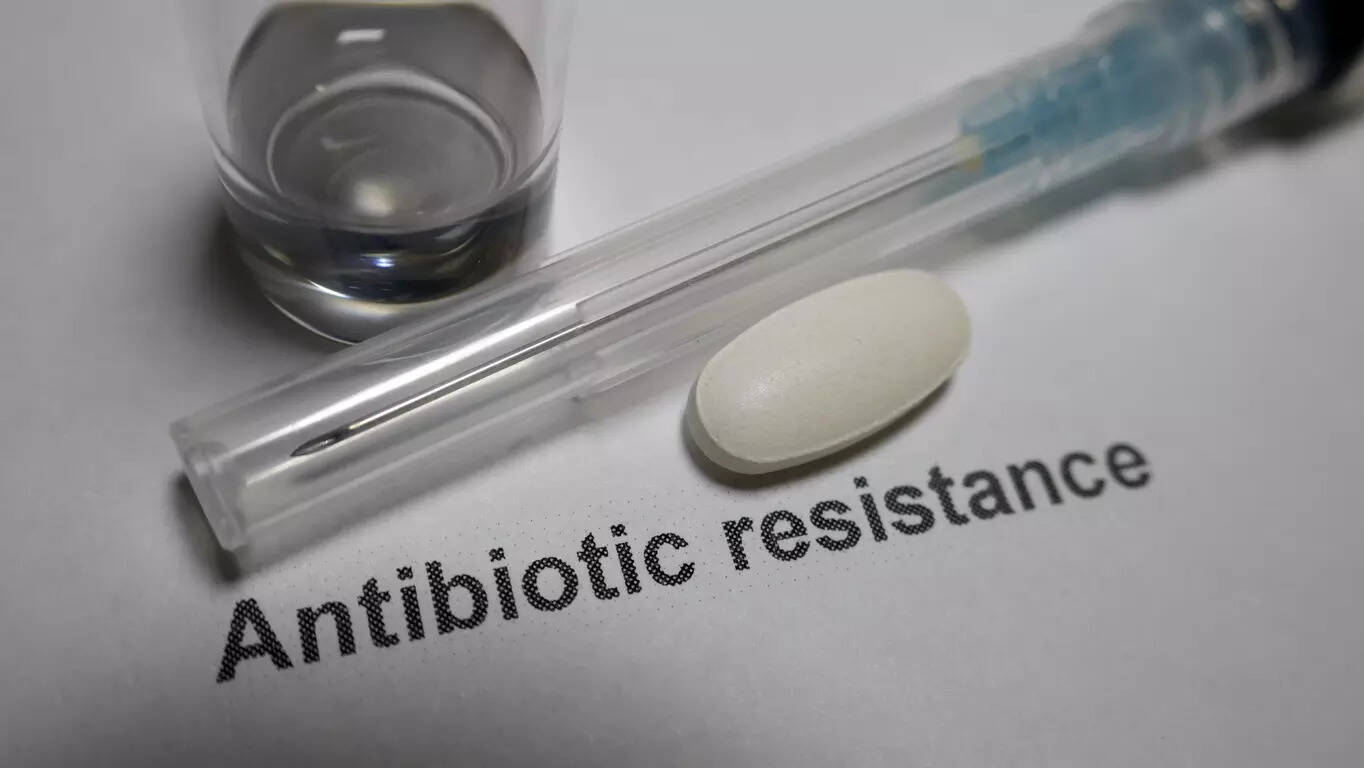- Diagnostics
- 2 min read
Bengaluru startup develops CRISPR based test for antibiotic resistance
Traditional diagnostic methods, such as bacterial culture and PCR-based testing, can take 24–72 hours, delaying critical treatment decisions. In contrast, PathCrisp enables direct detection from clinical samples without the need for expensive equipment or prolonged culture processes, ensuring early recognition and targeted therapy."
A major challenge in AMR is carbapenem resistance, largely due to the enzyme New Delhi metallo-beta-lactamase (NDM), which renders bacteria resistant to carbapenem antibiotics—often the last line of defense against severe bacterial infections.
A recent study published in Nature Scientific Reports evaluated PathCrisp for detecting carbapenem resistance in bacterial samples. Researchers from CrisprBits, Sri Sathya Sai Institute of Higher Learning (Puttaparthi), and Ashoka University (NCR) tested 49 clinical bacterial samples. The results demonstrated 100% accuracy when compared to established methods such as PCR-Sanger sequencing.
Commenting on the platform, Dr Reety Arora, Principal Scientist, CrisprBits and corresponding author of the study, said, "With the growing need for rapid AMR detection, PathCrisp emerges as a reliable molecular diagnostic tool for clinical applications. It offers a fast and accurate alternative to traditional methods, leveraging CRISPR-Cas technology for unparalleled precision. Its instrument-light adaptability makes it well-suited for point-of-care diagnostics. The test provides an end-to-end solution, delivering results within two hours. It operates at a constant temperature, eliminating the need for a thermocycler, and works directly on various samples, including bacterial cultures."
Dr. Ramakrishna Prasad, Global Medical Director,Swasti, emphasised the urgency of rapid AMR testing, said, "The rising burden of carbapenem-resistant infections is driving up healthcare costs, prolonging hospital stays, and increasing ICU admissions and mortality. Traditional diagnostic methods, such as bacterial culture and PCR-based testing, can take 24–72 hours, delaying critical treatment decisions. In this scenario, a rapid and highly accurate test like PathCrisp can enable direct detection from clinical samples without expensive equipment or prolonged culture processes, ensuring early recognition and targeted therapy."
Future research on PathCrisp aims to develop lyophilized reagents for room-temperature stability and explore multiplexed testing to expand its diagnostic capabilities.



COMMENTS
All Comments
By commenting, you agree to the Prohibited Content Policy
PostBy commenting, you agree to the Prohibited Content Policy
PostFind this Comment Offensive?
Choose your reason below and click on the submit button. This will alert our moderators to take actions